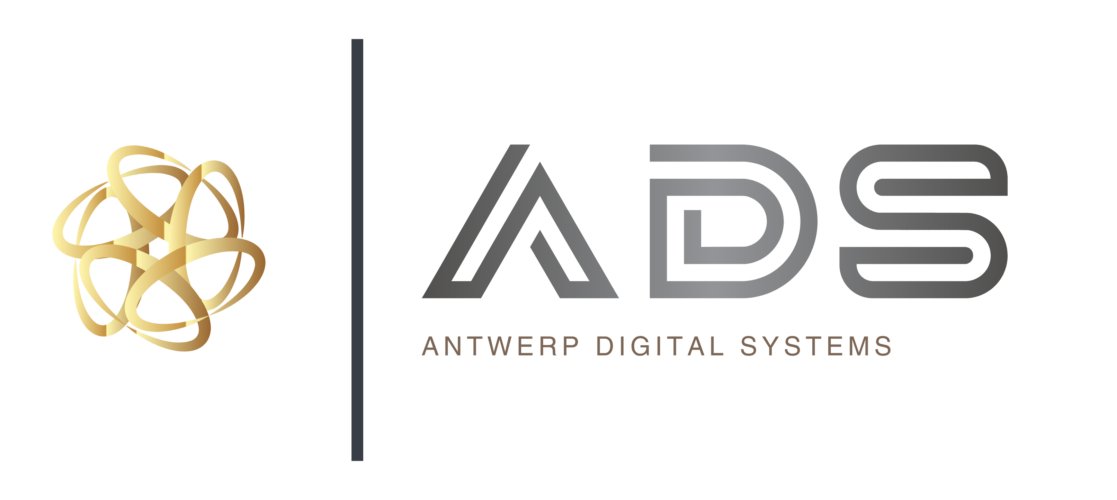The Importance of Industrial CCTV Installation for Enhanced Security
In today’s fast-paced industrial world, businesses face growing challenges in securing their facilities, assets, and employees. From large factories to warehouses, the need for comprehensive security systems has become crucial. Among the most effective solutions is Industrial CCTV Installation, a surveillance measure designed to monitor, record, and deter unauthorized activities. This article will explore the advantages of installing CCTV systems in industrial settings, the technology involved, and why they are an essential investment for companies looking to safeguard their operations.
Why Industrial CCTV Installation is Vital
Industrial environments are often more susceptible to risks such as theft, vandalism, accidents, and even industrial espionage. CCTV systems act as a crucial deterrent and response tool, helping mitigate these risks in several ways:
Crime Deterrence
The presence of visible cameras is often enough to deter potential criminals from targeting industrial facilities. Knowing that their actions are being monitored and recorded reduces the likelihood of break-ins or theft. Even in remote locations, cameras offer an ever-present watchful eye over critical assets and entry points.
Real-Time Monitoring
Modern CCTV systems allow for real-time remote monitoring, meaning businesses can keep an eye on operations from virtually anywhere in the world. This is especially valuable for large industrial sites with multiple facilities, where having physical security personnel in every area is impractical.
Accident Prevention and Employee Safety
Factories and industrial facilities often involve heavy machinery and hazardous environments. CCTV systems help monitor safety protocols, ensure compliance with regulations, and quickly identify dangerous situations. In the unfortunate event of an accident, footage from the cameras can be reviewed to determine what went wrong and prevent similar incidents in the future.
Inventory and Asset Protection
Many industrial companies store valuable goods and equipment on-site, making them targets for theft. Strategically placed cameras in warehouses and storage areas can help monitor these assets 24/7. Should any theft occur, the footage can be used as critical evidence in identifying perpetrators.
Types of CCTV Systems for Industrial Settings
Different types of CCTV systems are available for installation in industrial settings, each tailored to meet specific security needs. The following are some of the most popular options:
Analog CCTV Systems
Analog CCTV systems are among the oldest but still reliable options. These systems use traditional video cameras to capture footage, which is then transmitted to recording devices like DVRs (Digital Video Recorders). While they may lack some of the advanced features found in modern systems, they remain cost-effective and easy to install.
IP (Internet Protocol) CCTV Systems
IP CCTV systems are more advanced and provide higher resolution video than analog systems. These cameras transmit digital video over a network, allowing footage to be viewed from remote locations via smartphones, computers, or tablets. IP systems are ideal for industrial sites requiring real-time monitoring from multiple locations.
Thermal Imaging Cameras
Thermal cameras are designed to detect heat signatures, making them highly effective for monitoring industrial environments in low-light or no-light conditions. They are particularly useful in industries dealing with hazardous materials or processes, where early detection of temperature changes can prevent catastrophic accidents like fires or explosions.
Wireless CCTV Systems
Wireless systems are often more flexible and easier to install, as they don’t require extensive cabling. They’re ideal for industrial sites where traditional wired systems may not be practical due to the layout or nature of the facility. Wireless cameras can transmit footage to cloud-based storage or local servers for easy access and review.
Key Features to Look for in Industrial CCTV Installation
When choosing a CCTV system for industrial use, several key features can enhance the overall effectiveness and reliability of the system:
High-Resolution Cameras
Clear video quality is essential for identifying individuals or activities. High-definition (HD) and ultra-high-definition (UHD) cameras ensure that any recorded footage is sharp enough to be used as evidence in investigations.
Night Vision Capability
Industrial facilities often operate 24/7, and ensuring security during nighttime hours is critical. Night vision cameras with infrared technology allow for clear footage in low-light or no-light conditions.
Durability and Weather Resistance
Industrial environments can be harsh, with exposure to dust, extreme temperatures, or moisture. Cameras designed for these environments should be weather-resistant and durable enough to function effectively in such conditions.
Motion Detection and Alerts
Advanced CCTV systems can be equipped with motion detection sensors that trigger alerts when unusual activity is detected. This can be particularly helpful in minimizing the amount of footage that needs to be reviewed and ensuring immediate response to suspicious events.
Integration with Other Security Systems
Many modern CCTV systems can be integrated with other security measures, such as access control systems, alarms, or fire detection systems. This creates a comprehensive security network that enhances protection for your facility.
The Benefits of Remote Monitoring for Industrial Sites
One of the greatest advantages of modern CCTV technology is the ability to remotely monitor industrial facilities. Remote monitoring services provide an additional layer of security, allowing business owners, managers, and security teams to view live footage from anywhere in the world. Here are some of the key benefits:
Cost-Effective Security
Remote monitoring can significantly reduce the need for on-site security personnel, leading to long-term cost savings. Instead of hiring staff to patrol large industrial sites, remote monitoring allows for efficient oversight of multiple areas simultaneously.
Instant Alerts and Response
Many remote monitoring services are equipped with real-time alerts. If motion is detected, or if someone attempts to breach the facility, security personnel can receive immediate notifications, enabling rapid response to potential threats.
Multi-Site Monitoring
For companies operating several industrial locations, remote monitoring allows for centralized surveillance. Whether your facilities are in different regions or countries, a single monitoring system can handle all locations.
Legal and Compliance Considerations
Before installing an industrial CCTV system, it’s essential to be aware of the legal and compliance aspects. Privacy laws vary by region, and it’s important to ensure that the installation of security cameras does not infringe on employee privacy rights. In many countries, businesses are required to inform employees and visitors that they are being monitored. Additionally, the footage captured by CCTV systems must be stored securely and protected from unauthorized access, especially in industries dealing with sensitive data or intellectual property.
Choosing the Right CCTV Installation Provider
Selecting the right company to install your CCTV system is just as important as choosing the right technology. A professional installer will ensure that cameras are placed strategically to cover all high-risk areas and that the system is installed to operate efficiently in the industrial environment. When evaluating CCTV installation providers, consider the following:
Experience in Industrial Installations
Not all CCTV systems are the same, and industrial settings often require specialized knowledge. Choose a provider with experience in installing systems in environments similar to yours.
Customization and Scalability
The provider should be able to customize the system to your specific needs and scale it as your business grows.
Maintenance and Support
Ongoing support is crucial to ensuring that your CCTV system remains functional. Look for providers that offer maintenance contracts and technical support for troubleshooting and upgrades.
Have a project in mind?
Do not hesitate to say
Why Choose Us
Choosing our company for your IP CCTV installation ensures you receive top-notch service and cutting-edge technology. Our commitment to excellence and customer satisfaction sets us apart in the industry.

Expertise and Experience
Our team comprises seasoned professionals with extensive experience in IP CCTV installations. We stay abreast of the latest industry trends and technologies to provide the best solutions for our clients.
Customized Solutions
We understand that each client has unique security needs. Our tailored solutions ensure that your IP CCTV system is perfectly aligned with your specific requirements and budget.
Reliable Support
We pride ourselves on providing exceptional customer support. From initial consultation to ongoing maintenance, we are dedicated to ensuring your complete satisfaction.
Conclusion
Industrial CCTV installation is an indispensable tool for maintaining safety, security, and operational efficiency in industrial environments. From deterring crime and monitoring employee safety to preventing accidents and protecting valuable assets, CCTV systems provide peace of mind for business owners and security teams. When choosing a CCTV system, businesses should consider factors such as the type of cameras, key features, and the ability to remotely monitor multiple sites. Investing in a high-quality, professionally installed CCTV system can ultimately save businesses from the significant costs associated with theft, vandalism, accidents, and security breaches. For any industrial business, the question isn’t whether to install CCTV, but rather how soon you can get the right system in place to protect your assets, employees, and reputation.

